Stalin’s name meant “man of steel” and he lived up to it. He oversaw the war machine that helped defeat Nazism and was the supreme ruler of the Soviet Union for a quarter of a century.
His regime of terror caused the death and suffering of tens of millions. But this powerful man began life as the son of an alcoholic cobbler and a doting mother who sent him to study to be a priest.
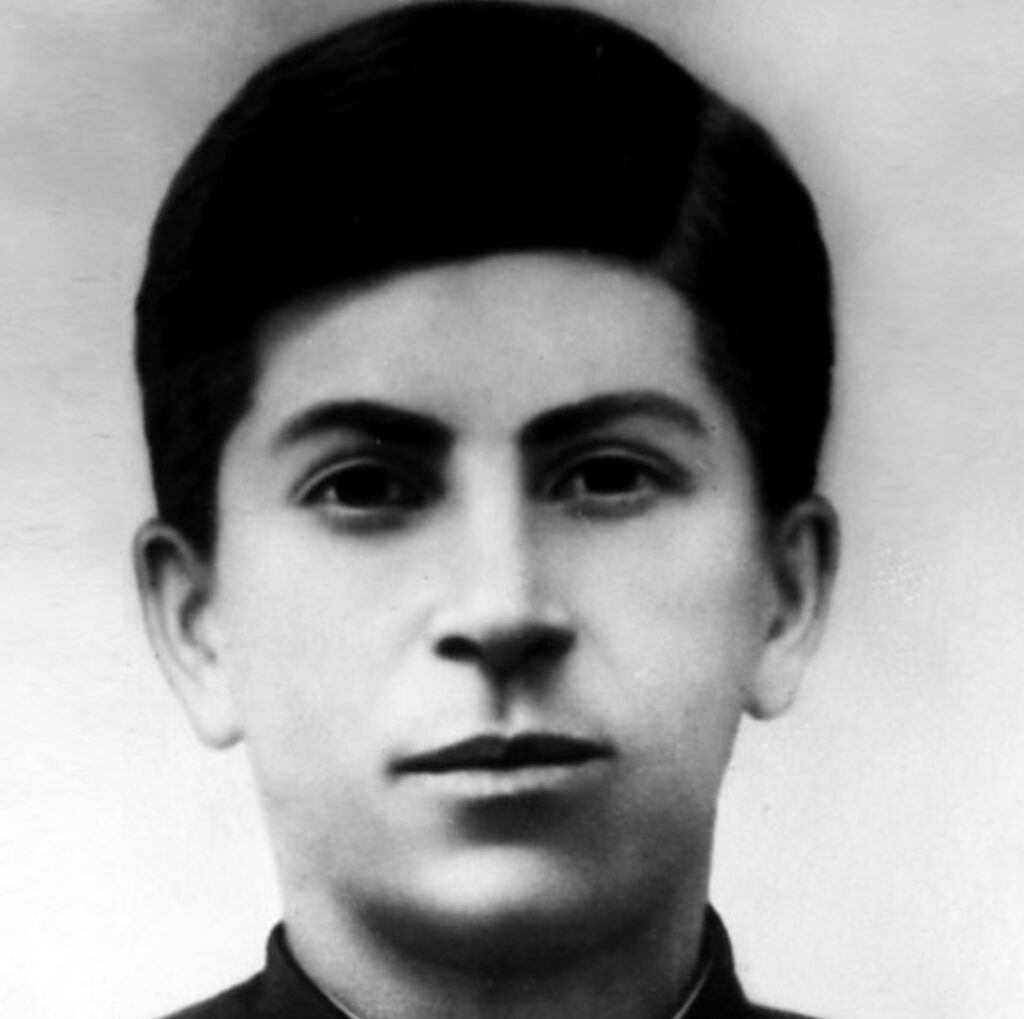
1879
Born into poverty
He is born on 18 December 1879 in Gori, Georgia in the Russian empire. He is first named Iosif (Joseph) Vissarionovich Dzhugashvili.
Joseph grows up in poverty. His mother is a washerwoman and his father is a cobbler. He catches small pox aged seven and is left with a pockmarked face and a slightly deformed left arm. He is bullied by the other children and feels a continual need to prove himself. His father is an alcoholic who deals out regular beatings. As young Joseph grows up, Georgia’s romantic folklore and anti-Russian traditions capture his imagination.”
1899
Rebels against the priesthood
Joseph’s religious mother wants him to be a priest and in 1895 sends him to study in Tiflis, the Georgian capital.
However Joseph rebels and instead of studying scripture he reads the secret writings of Karl Marx and joins a local socialist group. He devotes much of his time to the revolutionary movement against the Russian monarchy and loses interest in his studies. Going against his mother’s wishes, Joseph becomes an atheist and frequently argues with the priests. In 1899 he is finally thrown out of the seminary after failing to turn up to his exams.”
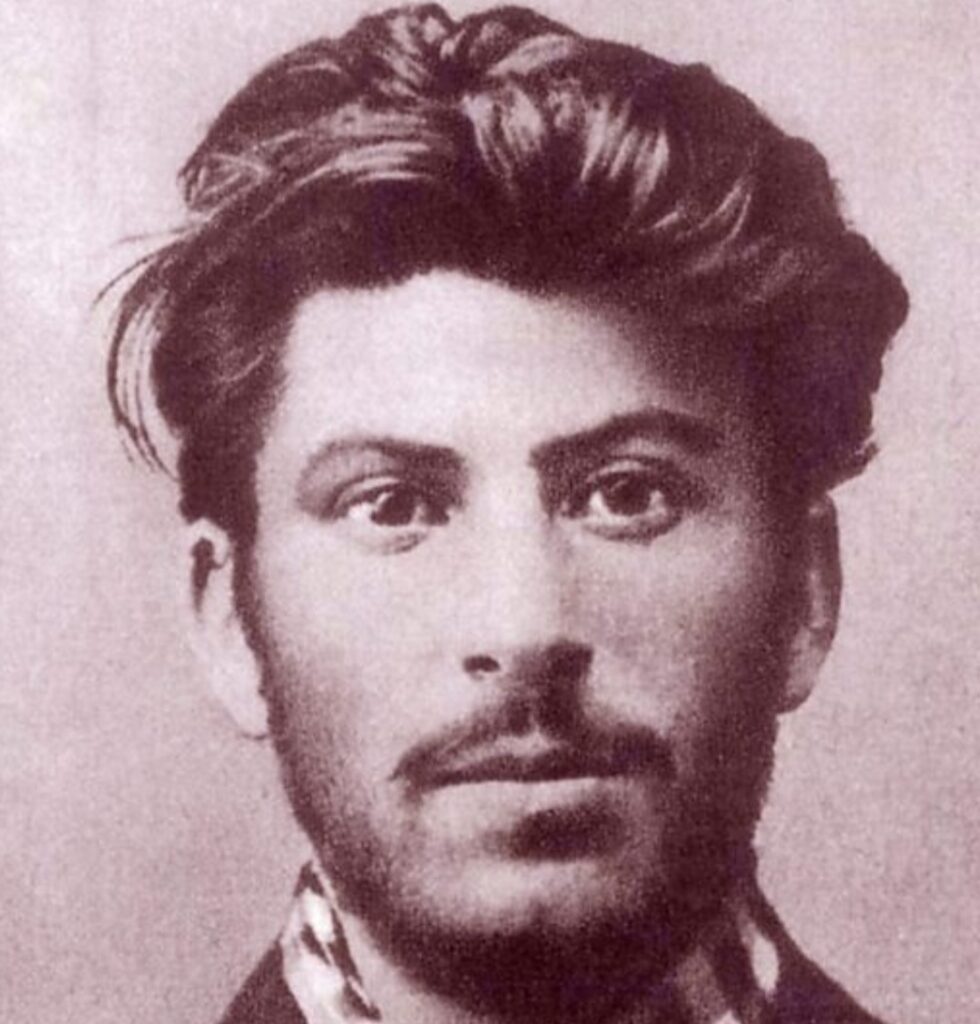
1901
The revolutionary bandit
While working as a clerk at the Meteorological Observatory, Joseph carries on with his revolutionary activities, organising strikes and protests.
His activities become known to the Tsarist secret police and he is forced to go underground. He joins the Bolshevik party and conducts guerrilla warfare for the first time in the 1905 Russian Revolution. His first meeting with Lenin, the Bolshevik leader, is at a party conference in Finland. Lenin is impressed by this ‘ruthless underground operator’. In 1907 Joseph steals 250,000 rubles (approximately $3.4m in US dollars) in a bank robbery in Tiflis to help fund the cause.
1917
Takes part in the Russian Revolution
Lenin organises the Russian Revolution and promises “peace, land, and bread”. Stalin plays a crucial role by running Pravda, the Bolshevik newspaper.
He is hailed as a hero when he helps Lenin to escape from the Tsar’s army into Finland and is appointed to the inner circle of the Bolshevik party. When the Tsar is toppled the country descends into civil war. Stalin, like other the hardliners within the party, orders the public execution of deserters and renegades. When Lenin takes power he appoints Stalin to be General Secretary of the Communist Party. Stalin gains new skills working as a mediator for officials throughout the party.”
1929
Stalin promotes himself to dictator
After Lenin’s death in 1924, Stalin begins ruthlessly promoting himself as his political heir.
Many in the party expect Red Army leader Leon Trotsky to be Lenin’s natural successor, but his ideas are too idealistic for the majority of the Communist Party. Stalin, however, develops his own nationalistic brand of Marxism – “Socialism in One Country” – concentrating on strengthening the Soviet Union rather than world revolution. When Trotsky criticises his plans, Stalin has him exiled. Stalin’s ideas are popular with the party and by the late 1920s he becomes dictator of the Soviet Union.
1928-1938
Rapid industrialisation
In the late 1920s Stalin instigates a series of five year plans to turn the Soviet Union into a modern industrialised country.
He is afraid that if the Soviet Union does not modernise then Communism will fail and the country will be destroyed by its capitalist neighbours. He achieves huge increases in coal, oil, and steel productivity and the country sees massive economic growth. His plans are ruthlessly enforced – factories are given strict targets which many workers find impossible to fulfil. Those who fail are scapegoated by many as wreckers and saboteurs and imprisoned or executed as enemies of the state.”
1939
Bargains with the Nazis
Stalin signs a nonaggression pact with Adolf Hitler and they agree to carve up Eastern Europe between them.
When Hitler’s armies easily defeat France and Britain retreats, Stalin ignores warnings from his generals and is completely unprepared for the Nazi Blitzkrieg attack of June 1941, which tears through Poland and into the Soviet Union. The Soviet Army suffer huge losses. Stalin is incandescent with rage at Hitler’s betrayal and retreats to his office unable to make any decisions. Soviet Russia is paralysed for several days as the Nazi war machine rolls on towards Moscow.
1943
Defeats Hitler
With the future of the Soviet Union hanging in the balance, Stalin is prepared to sacrifice millions to achieve victory over the Nazis.
German forces sweep across the country and by December 1941 have almost reached Moscow. Stalin refuses to leave the city, deciding victory must be won at any cost. The Battle of Stalingrad is the turning point of the war. Hitler attacks the city bearing Stalin’s name to humiliate him, but Stalin tells his army “Not a step backwards”. They suffer over a million casualties but manage to defeat the Nazis in 1943. The Soviet Army begins the long push back into Germany and all the way to Berlin.”
1953
Death of Stalin and the end of an era
In Stalin’s last years he becomes increasingly suspicious, and continues to conduct purges against his enemies within the Party.
After a night of heavy drinking Stalin dies of a stroke on 5 March 1953. Many in the Soviet Union mourn the loss of this great leader who transformed the Soviet Union from a feudal economy to an industrial power and played a crucial role in defeating Hitler. But the millions incarcerated cheer at the demise of one of the most murderous dictators in history. Stalin’s successor Khrushchev denounces the dead dictator and begins a wave of “destalinization”
[Stalin didn’t win anything. His generals and soldiers did.
As to how…those resources. Actually, the Soviet Union had more raw resources (particularly petroleum, the stuff that you make oil and gas from). In fact, Germany invaded the USSR to have better and more secure access to those oil fields, among other objectives.
The thing is, accessing resources is hard if you’re in enemy territory. It’s not like you can get a fuel or ammo station open 24/7 to sell or give you any…and there are snipers and partisans that you have to deal with. Then there was the particularly brutal winter. The Nazis were totally unprepared for a long winter campaign, and many casualties were due to hypothermia and frostbite instead of enemy bullets. Between this and severely stretched supply lines, the Germans couldn’t take the city.
A lot of credit also goes to the city defenders…they literally fought block by block. They also suffered massive deprivation, such as lack of food, and went through drastic lengths to adapt. Had Germany sent in bombers, it might have made a difference…but aside from the weather and distance, there was also the fact Germany had the other front. Lots of Luftwaft craft flew sorties to Britain, and many didn’t make it..
Source: BBC Uk

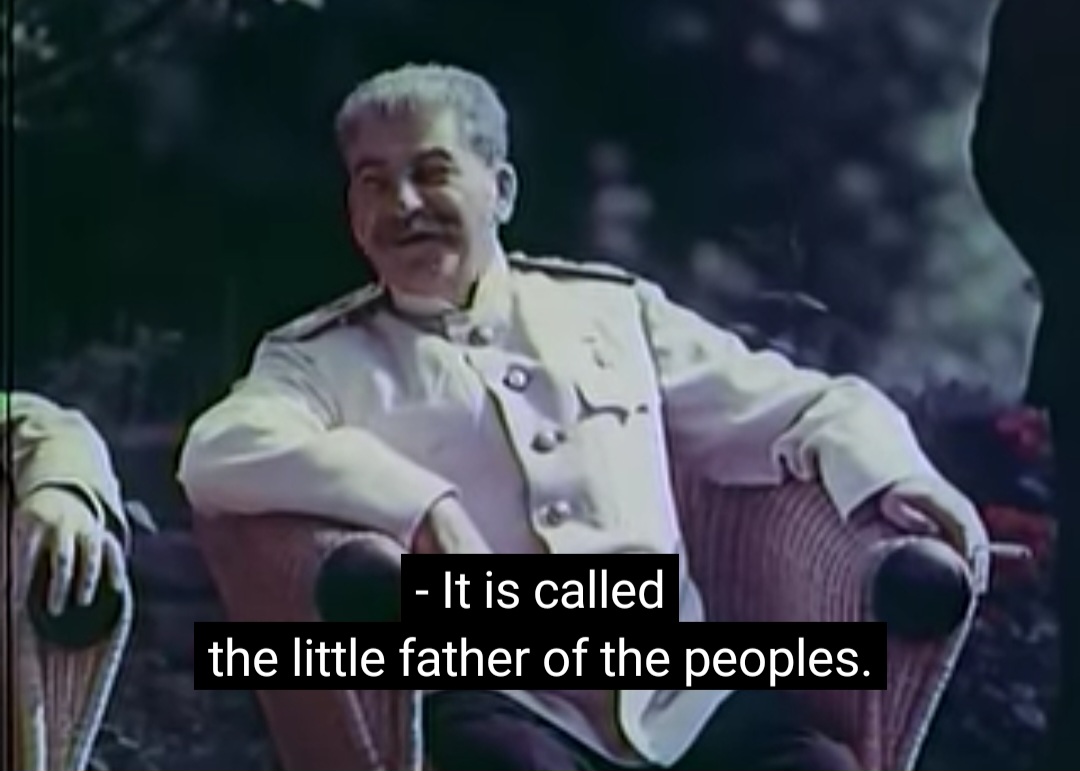
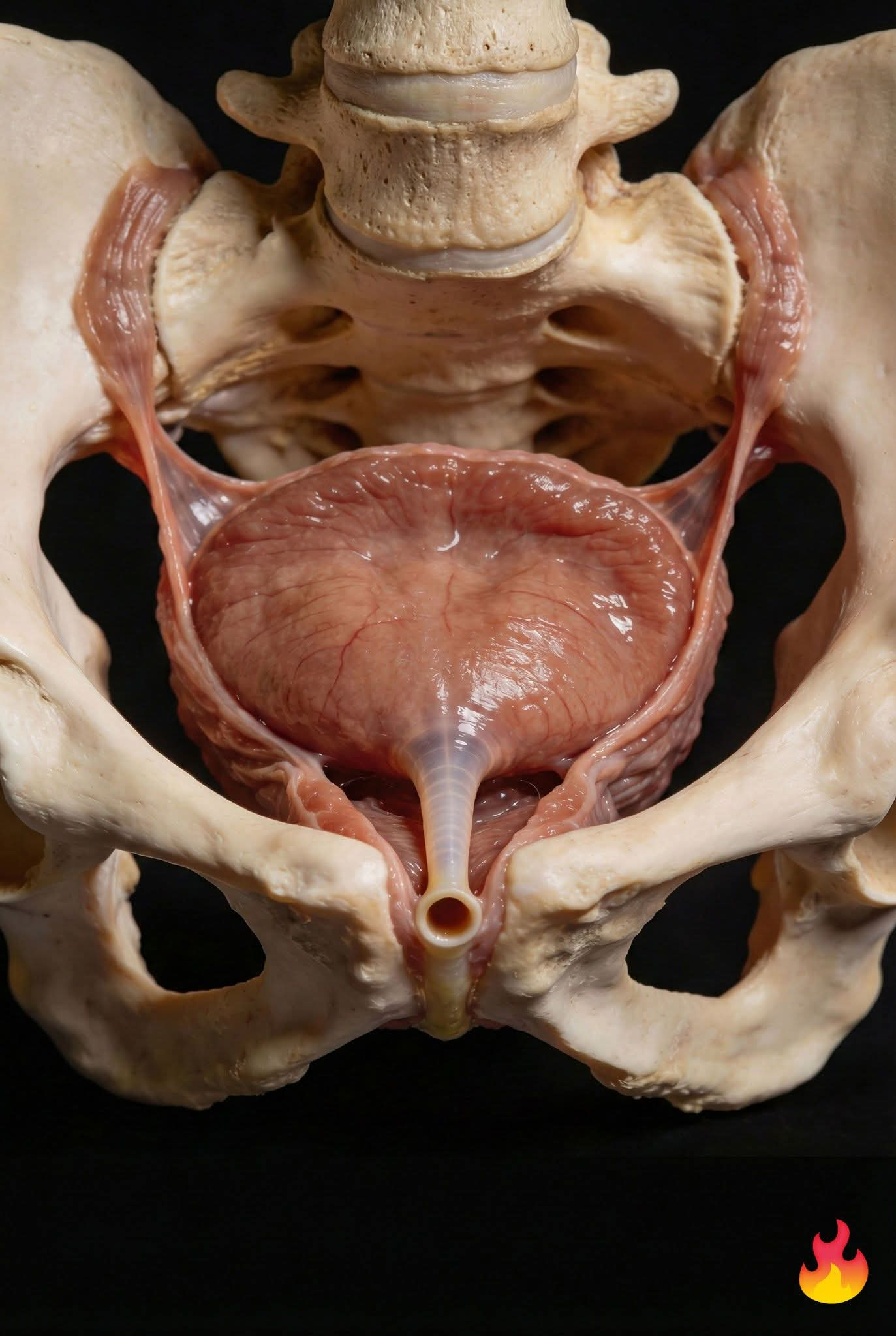
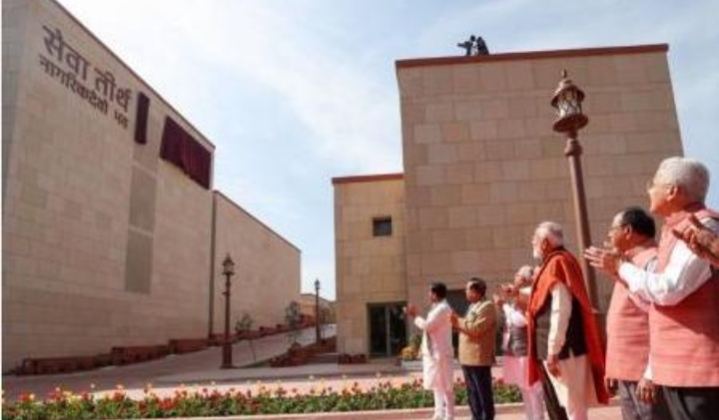
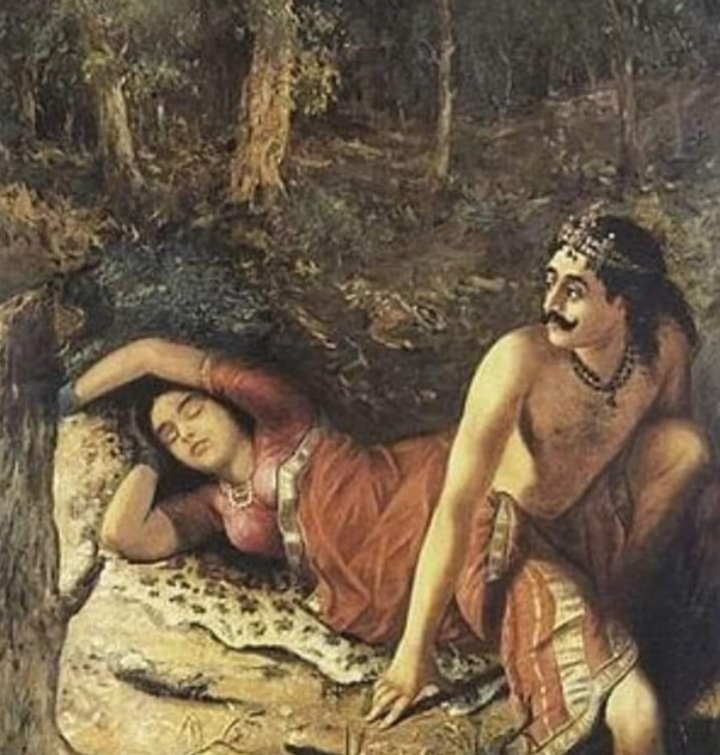
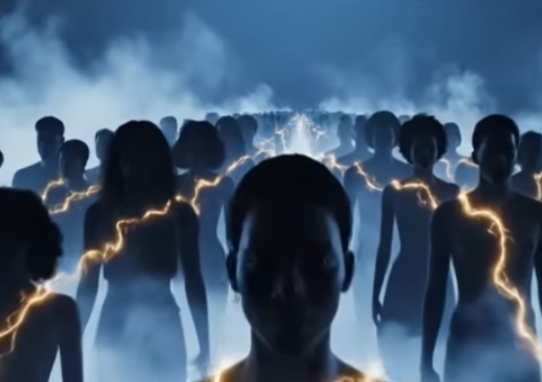





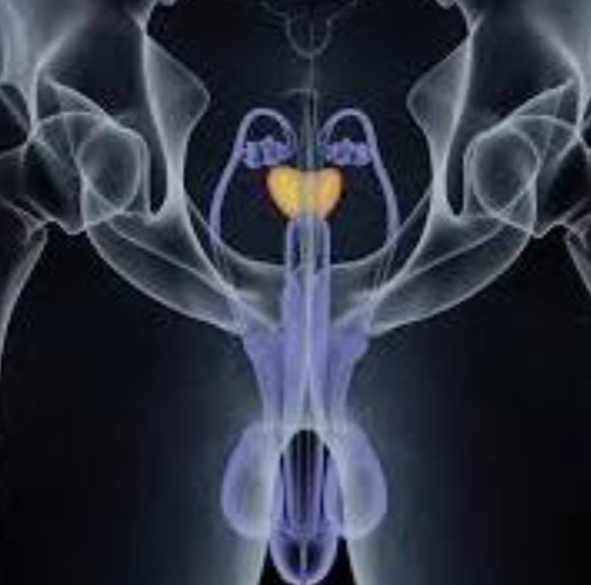
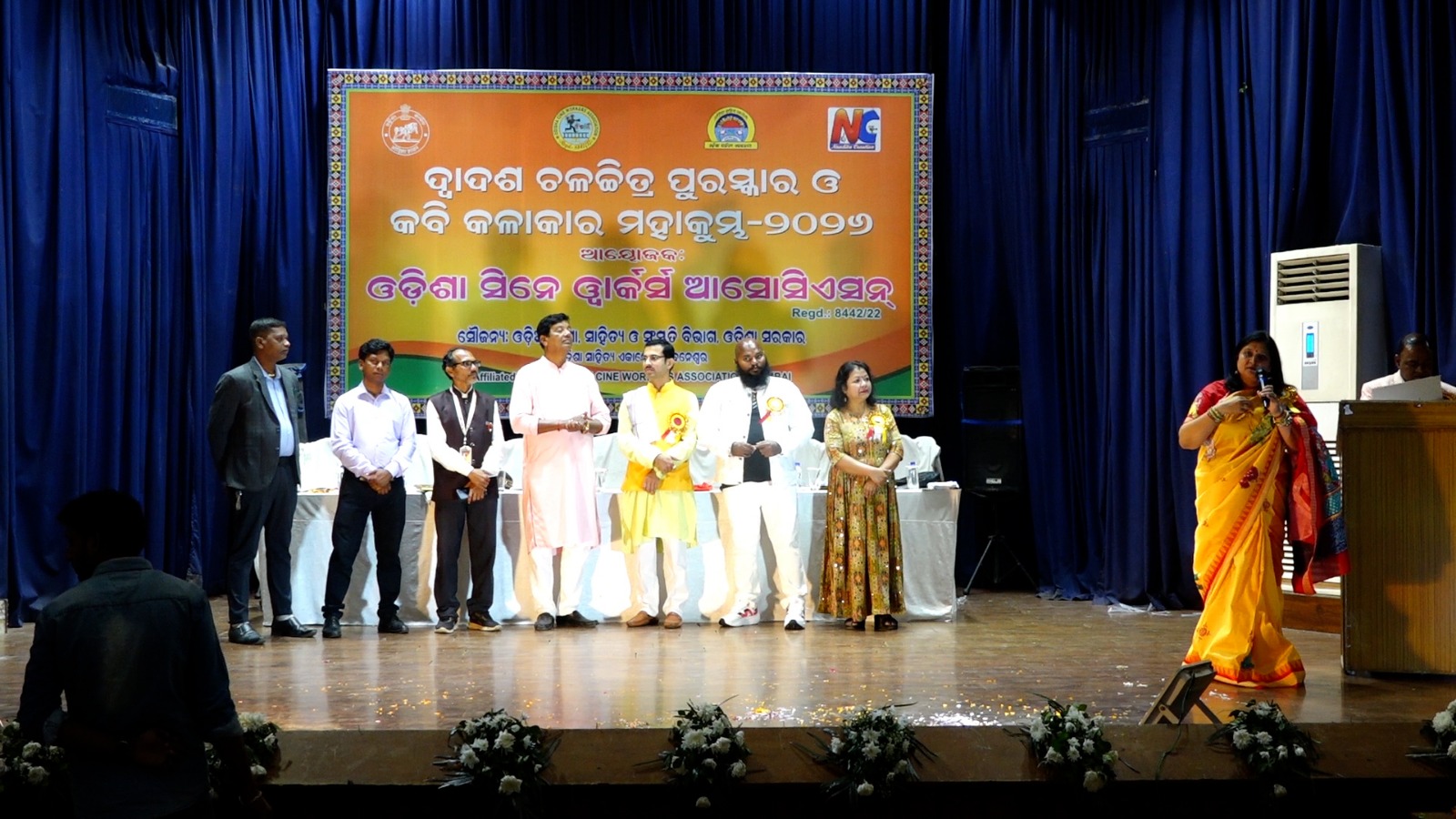
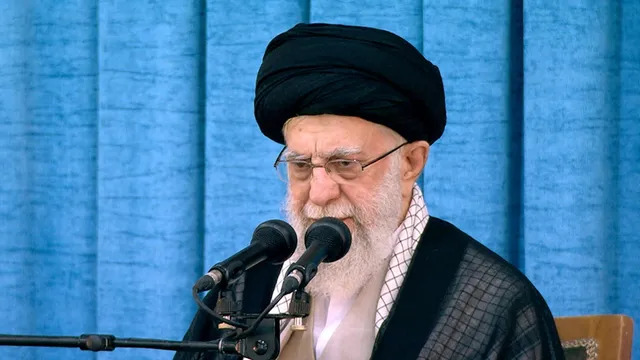
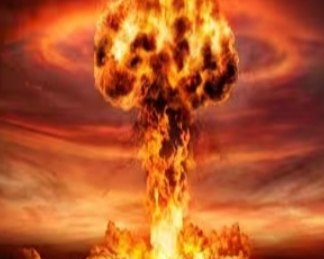
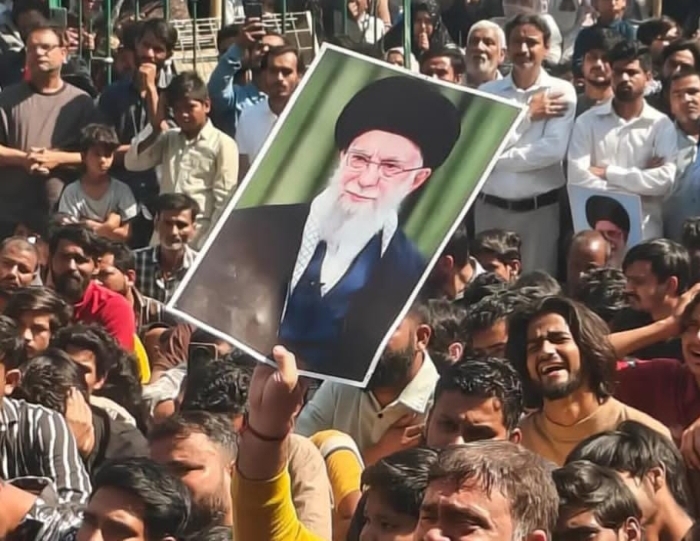
Leave a Reply